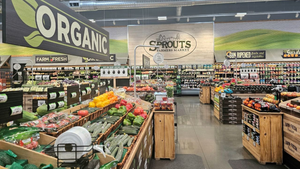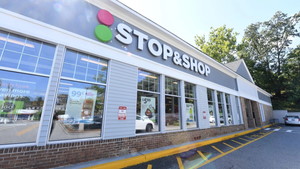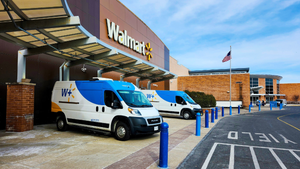Report: Convenience still drives morning routinesReport: Convenience still drives morning routines
Some 90% of breakfasts are prepared in 15 minutes or less, according to Circana

Convenience continues to remain a top priority for U.S. consumers, with 90% of morning meals prepared in less than 15 minutes, according to a new report on the breakfast daypart from Circana.
While quick, heat-and-eat options will be a morning staple at home through 2027, each demographic shows distinct preferences, according to the report, the “Future of Morning.” Younger consumers will opt for potatoes and breakfast sandwiches, the report says, while older consumers favor frozen pancakes, waffles, and French toast.
While most morning meals are prepared at home, on-the-go and away-from-home breakfast occasions are expected to experience some growth through 2027, driven primarily by Gen Z and millennial consumers, the report states. As inflation stabilizes at lower levels, consumers—while still dealing with higher prices—are finding it easier to budget and are gaining confidence to spend at restaurants.
This shift is particularly significant for Gen Z consumers, who are turning to restaurants more frequently due to life transitions and limited cooking skills, the report says. The cohort’s reliance on restaurants for morning meals is projected to grow at a pace faster than its population.
Beverages continue to play a crucial role in morning routines. Beverage-only mornings sourced from home/retail have grown by 16 occasions per capita since 2020 and will remain a key area for growth through 2027. Water, tea, coffee, and energy drinks are popular across all generations for their sought-after benefits of hydration and energy. Health-conscious consumers, especially older Gen Z and younger millennial consumers, are also increasingly opting for nutrition-focused beverages like protein shakes and diet drinks as part of their wellness routines.
“Marketers will need to prioritize delivering value more than ever to capture consumer spending in the coming years,” said Darren Seifer, industry advisor, Consumer Goods and Foodservice, Circana. “Although inflation has stabilized, consumers remain conscious of their spending. They’re looking for quality in both taste and reliability. Beyond quality, it’s crucial to address consumer needs—particularly convenience. Products that are easy to use, mess-free, or those that can be used for multiple meals will help consumers feel like they’re getting more for their money.”
Consumers are still traveling, attending events, and seeking unique experiences despite higher costs, the report says. Foodservice operators and consumer-packaged goods (CPG) manufacturers can differentiate by offering something consumers can’t easily replicate at home—whether it’s a distinctive flavor, a creative presentation, or an enjoyable dining experience. Success will lie in identifying the target audience, understanding their evolving needs, and delivering solutions that meet them.
About the Author
You May Also Like


.webp?width=300&auto=webp&quality=80&disable=upscale)



